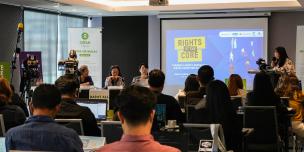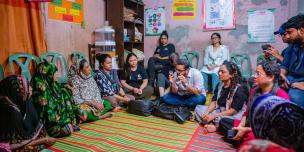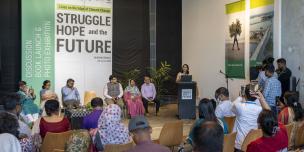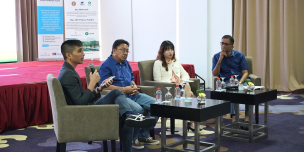Press Releases
Image
Image

ASEAN in the Digital Age: Civil society pushes for more inclusion, less corporate interests
Read more
Oxfam reaction to Gaza ceasefire deal
Read more
Colonialism hijacks energy transition: 70% of minerals for renewables lies in Global South but the majority of profits are captured by the world’s richest
Read more
Global Coalition Launches Powerful Video Uniting Multiple Campaigns to Expose Pollution Inequality and Demand Action from the World’s Wealthiest
Read more
Oxfam: Palestinians pushed into deeper crisis with Israeli displacement order on entire Gaza City
Read more
Image
Image

Asia’s Youth Rise and Demand Climate Justice with Including Finance
Read more
Israel threatens to ban major aid organizations as starvation deepens
Read more
Gaza famine alert demands international action against Israel to stop mass death
Read more
Image
Image

From Coastal Struggles to Global Forums: Community Voices Must Shape Climate Policy
Read more
Image
Image

CSOs urge ASEAN Energy Ministers to adopt 9-point Agenda for APAEC 2026-2030
Read more